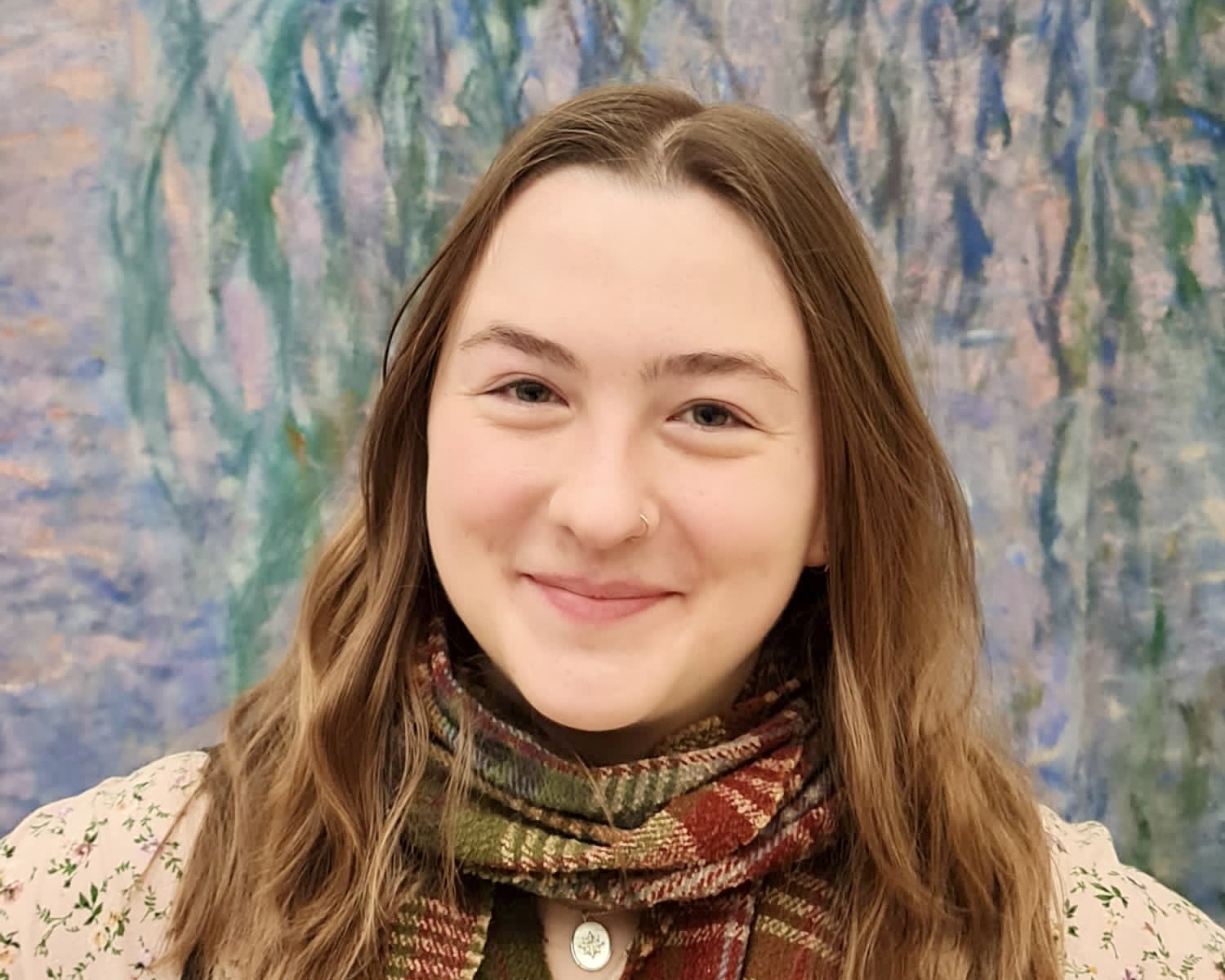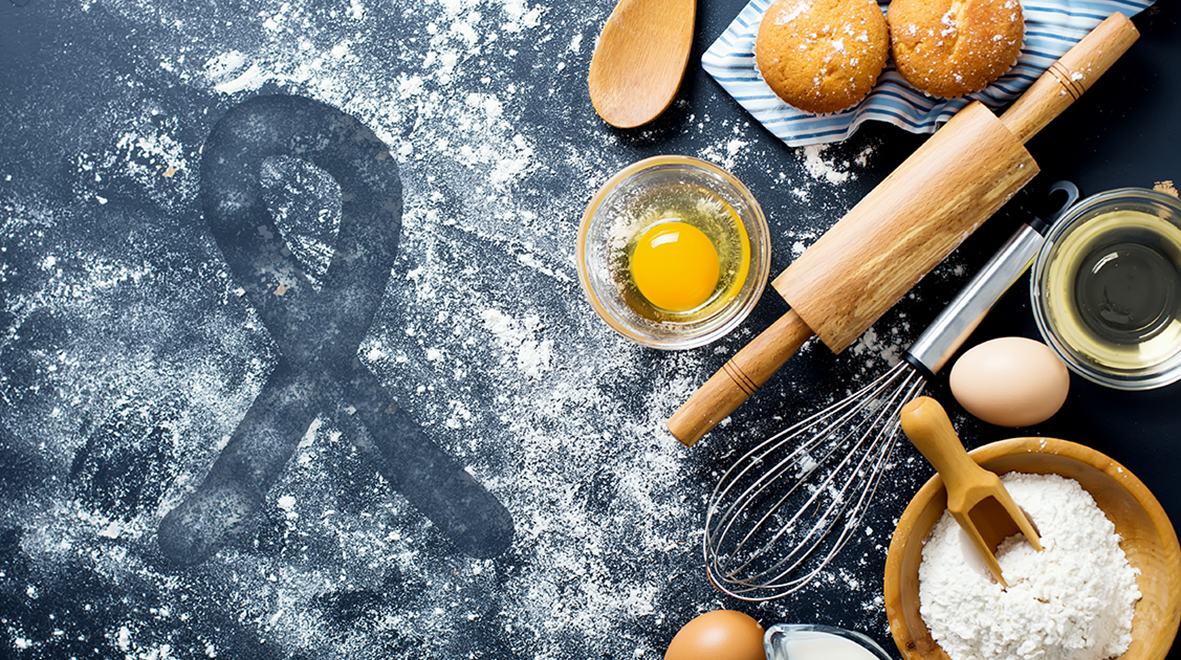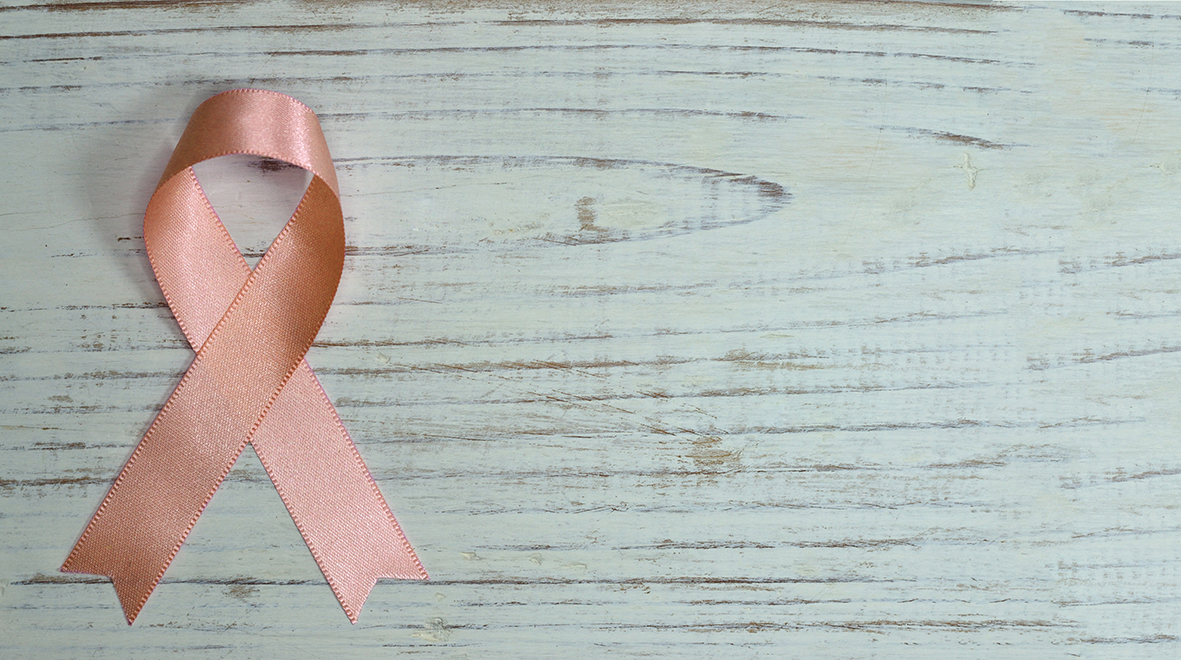 October is Breast Cancer Awareness Month. This is a crucial time to raise awareness about screening, treatment, and prevention of breast cancer. PhD student, Sophia D’Alessandro from the Department of Surgery and Cancer examines her research looking at the link between breastfeeding and the reduced risk of breast cancer in our latest blog.
October is Breast Cancer Awareness Month. This is a crucial time to raise awareness about screening, treatment, and prevention of breast cancer. PhD student, Sophia D’Alessandro from the Department of Surgery and Cancer examines her research looking at the link between breastfeeding and the reduced risk of breast cancer in our latest blog.
Breast cancer is one of the most prevalent cancers in the world, alongside prostate, lung and colorectal cancer. It is estimated that there are more than 150 new cases diagnosed every day. But why does breast cancer occur? We know cancer is a multifactorial disease caused by a variety of different factors, which can include mutations in key cancer-causing genes, and lifestyle-related risk factors such as age, being overweight, smoking, family history of breast cancer and hormone therapies. However, there are also factors that can reduce a person’s risk of breast cancer risk, such as breastfeeding.
Current research suggests that the risk of developing breast cancer decreases by 4% for every 12 months of breastfeeding. But it’s not yet clear why. The primary function of the human breast is to produce nutrient rich milk for babies. Therefore, the complex structure of the breast is designed for this function. It is comprised of fatty adipose tissue, surrounding lobules and ducts. The lobules produce milk, and the ducts transport it to the nipple, where it can be expelled and fed to a baby. In addition to this, the ducts of the breast are lined by a layer of specialised cells known as epithelial cells. It has been shown previously that breast milk may contain some of these breast epithelial cells, which are then digested in the babies’ stomach and cause them no harm. However, around 85% of breast cancer cases arise from the epithelium, so it is thought that the loss of mutated breast epithelial cells through breastfeeding may play a role in reducing breast cancer risk.

